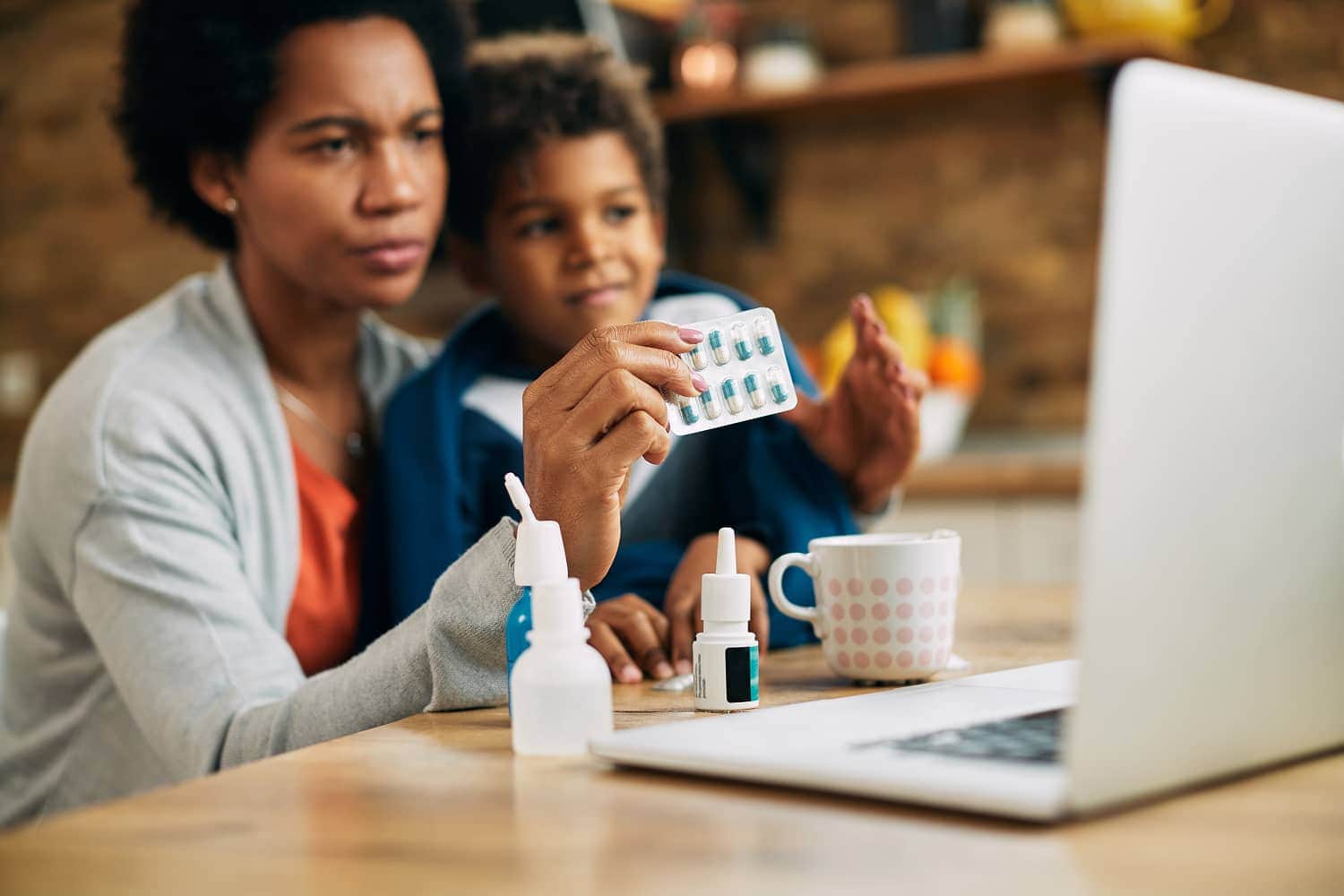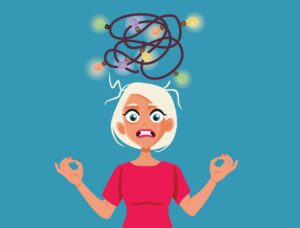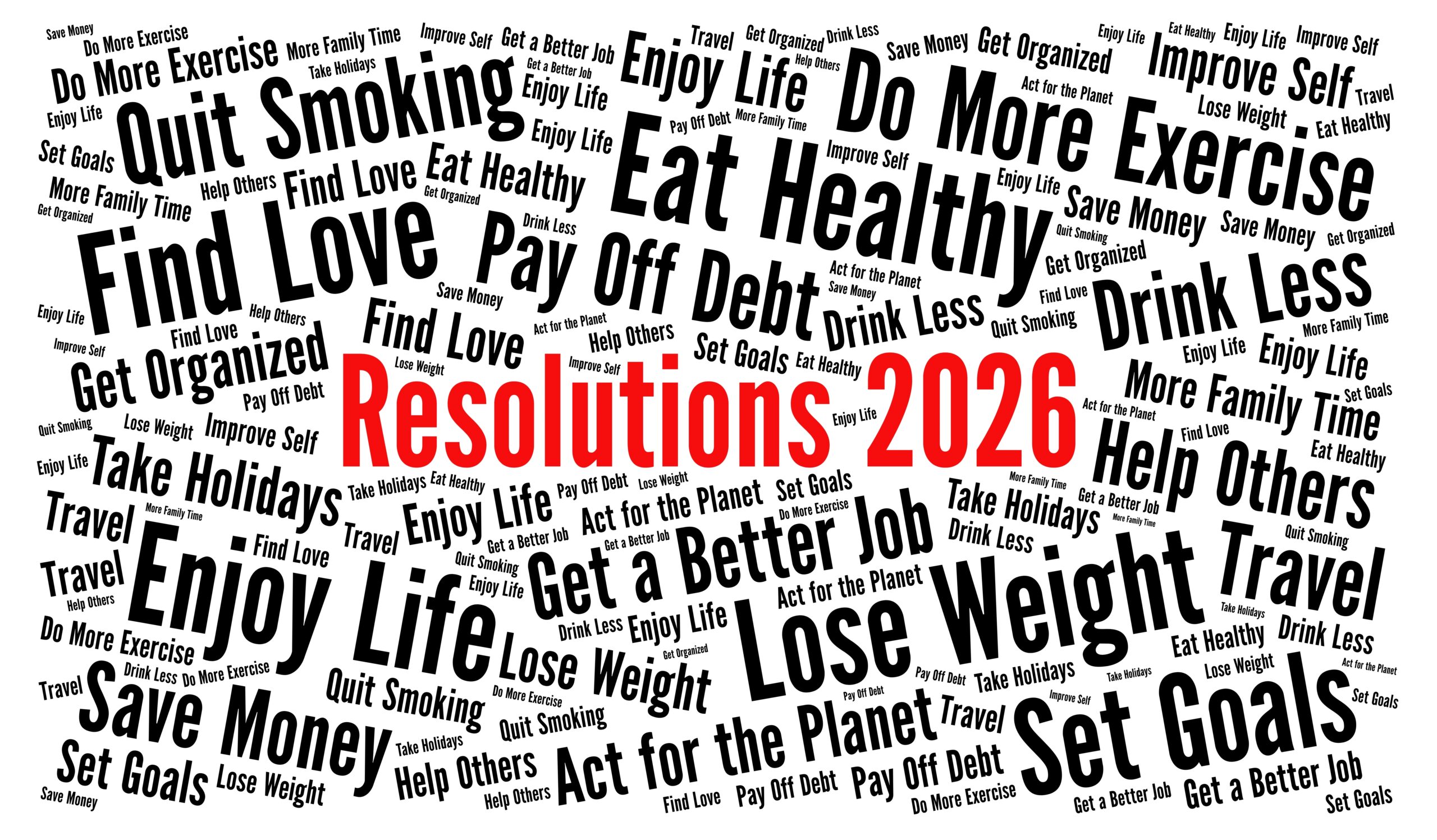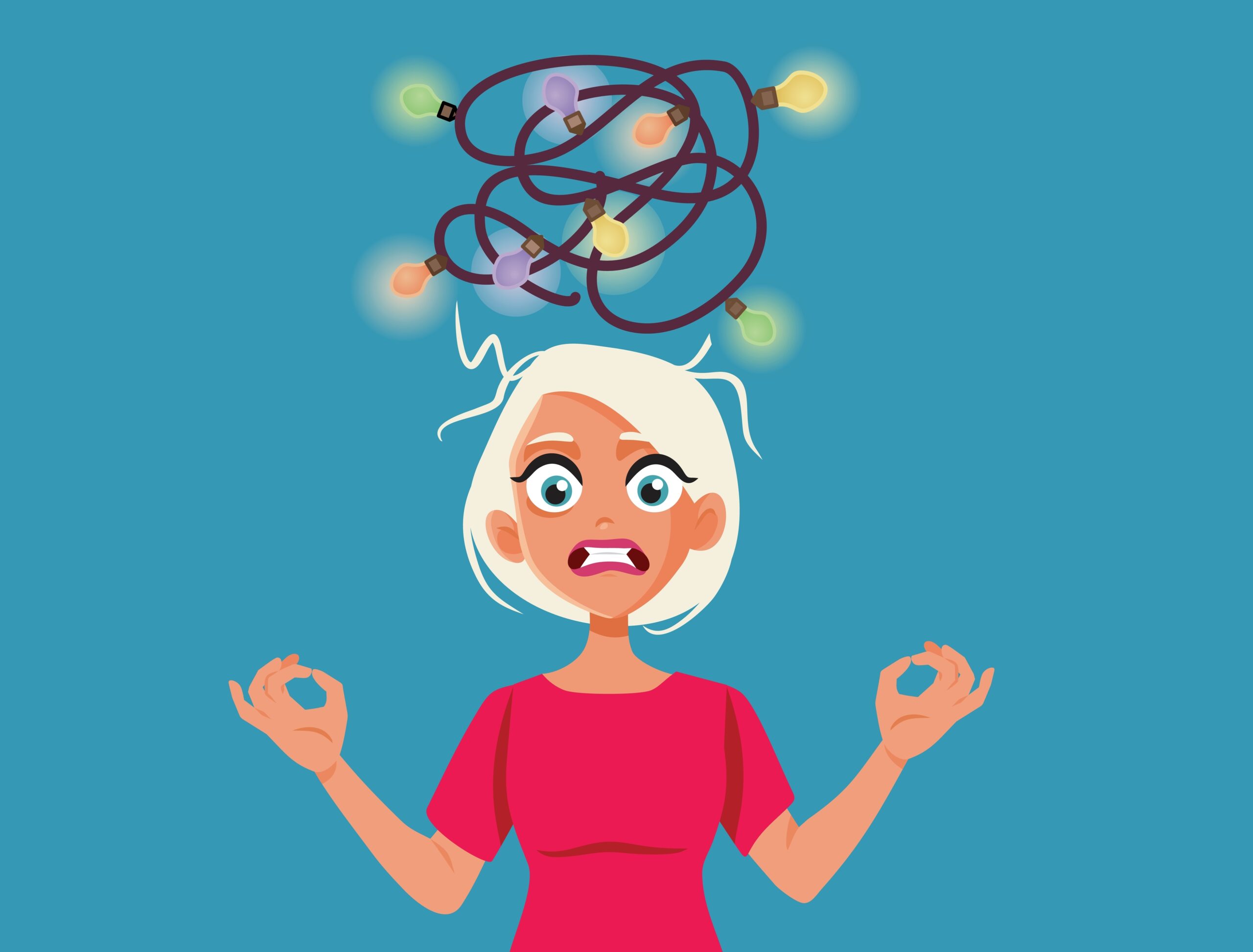Why GLP-1 Medications and Fresh Tri Are Better Together
The Challenge: Medications Alone Won’t Get Us There
GLP-1 medications like Wegovy, Ozempic, and Mounjaro have reshaped the landscape of obesity treatment. These drugs help people lose significant weight, lower blood sugar, and reduce cardiovascular risk. But as many public health experts and independent reviews have pointed out, these results often vanish without ongoing behavioral support.
A recent report from the Institute for Clinical and Economic Review (ICER) underscores this, noting that most patients regain weight after discontinuing GLP-1 medications. Other research from health systems and clinical trials has reached similar conclusions: without changes in mindset, identity, and behavior, biology alone isn’t enough.
That’s where Fresh Tri comes in—with a brain-based, habit-focused approach to behavior change that transforms short-term outcomes into lifelong wins.
The Medication-Behavior Integration Framework
At Fresh Tri, we call this the Medication-Behavior Integration Framework—a model for fusing pharmacologic interventions with sustainable, identity-based behavior change.
| GLP-1s | Fresh Tri (IMM) |
| Suppresses appetite | Builds habit strength and internal motivation |
| Lowers blood sugar | Increases self-efficacy and identity change |
| Creates initial weight loss momentum | Sustains behavioral change through iteration |
| High cost | Low-cost, scalable across diverse populations |
Together, they create a care pathway that treats both body and brain—biology for the short term, behavior for the long haul.
Why Habit Formation > Program Completion
Unlike traditional programs that focus on checkboxes and completion rates, Fresh Tri measures success through habit formation—because lasting change doesn’t come from finishing a course, it comes from rewiring the brain.
Traditional Behavior Programs:
- Track completion of modules
- Focus on adherence and compliance
- Penalize “failure” or dropout
Fresh Tri:
- Reinforces iteration, not perfection
- Builds automaticity through repetition
- Anchors change in values and identity
Instead of aiming for perfection, users learn to assess, practice, and iterate—just like the brain does when forming any new habit.
This is especially critical for patients using GLP-1s. When the medication is discontinued (whether due to cost, access, or side effects), people need behavioral momentum they can carry forward. Fresh Tri ensures they have it.
Evidence-Based + Cost-Aligned
The ICER report is just one of many confirming what public health has long understood:
- GLP-1s require continuous use for sustained benefits
- Weight regain is the norm after stopping medication
- Behavioral support is essential for long-term health outcomes
At the same time, leading employer coalitions, payer organizations, and metabolic health researchers are calling for whole-person care models—especially those that are scalable, cost-effective, and designed for real-world populations.
Fresh Tri’s Iterative Mindset Method is built for this moment. It’s:
- Grounded in neuroscience and neuroplasticity
- Proven in large employer populations
- Designed to scale equitably and affordably
Why It Matters for Employers, Payers, and Providers
Offering GLP-1s without behavioral reinforcement is like building a house with no foundation. Employers and plans are already wrestling with GLP-1 costs that can exceed $12,000 per user annually.
Fresh Tri makes these investments smarter and more sustainable:
- Extends the value of GLP-1 treatment
- Reduces recidivism after discontinuation
- Supports equity with inclusive, low-cost access
- Lowers total cost of care via durable habit change
And unlike coaching or intensive programs, Fresh Tri requires no tracking, no shaming, and no handholding. It builds behavioral independence from Day 1.
This Is the Future of Chronic Care
Biological tools like GLP-1s are powerful. But without behavior change, their effects fade.
The Medication-Behavior Integration Framework is the next evolution:
- Medications to lower biological barriers
- Fresh Tri to cultivate human capacity and resilience
Together, they offer a scalable, brain-aligned, and outcomes-driven model for treating obesity—not just with pills, but with personal agency, lasting habits, and health that sticks.
It’s time to move beyond episodic care and build systems that last.













